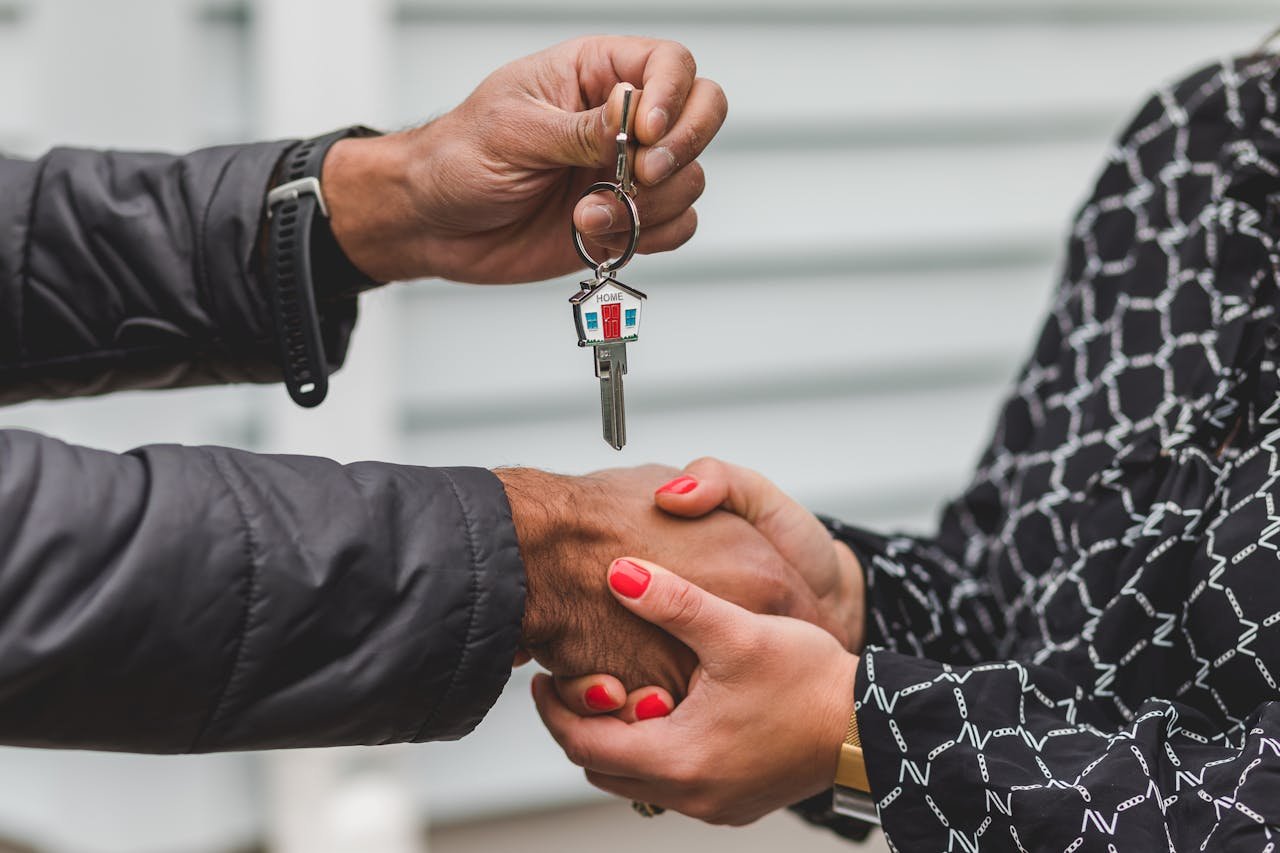Narcissistic abuse can leave deep emotional scars that linger long after the relationship ends. Healing from these experiences involves recognizing the traumas inflicted and taking steps toward recovery. In this article, we’ll explore the various forms of trauma resulting from narcissistic abuse and offer insights into the healing process.
Understanding Narcissistic Abuse: Narcissistic abuse is a pattern of manipulative and controlling behavior exhibited by individuals with narcissistic personality traits. Victims often endure emotional, psychological, and sometimes physical abuse, leading to significant trauma.
Identifying the Traumas:
- Emotional Trauma: Constant belittling, gaslighting, and manipulation leave victims emotionally scarred. They may experience low self-esteem, self-doubt, and a pervasive sense of worthlessness.
- Psychological Trauma: The consistent psychological manipulation and mind games result in trauma, leading to anxiety, depression, and even PTSD-like symptoms.
- Verbal Abuse Trauma: The enduring impact of verbal abuse, including insults, degradation, and humiliation, can cause lasting emotional distress and affect one’s self-image and confidence.
- Isolation Trauma: Narcissists often isolate their victims, cutting them off from support systems. This isolation leads to feelings of loneliness, helplessness, and dependency.
- Trust and Relationship Trauma: Victims of narcissistic abuse struggle with trusting others and forming healthy relationships due to the betrayal and emotional turmoil experienced in the abusive relationship.
Healing and Recovery:
- Seeking Professional Help: Therapy and counseling play a vital role in healing from narcissistic abuse. A qualified therapist can assist in addressing trauma, rebuilding self-esteem, and establishing healthy boundaries.
- Self-Care and Self-Compassion: Engaging in self-care activities, practicing mindfulness, and showing self-compassion are crucial steps toward healing.
- Education and Awareness: Understanding the dynamics of narcissistic abuse through education and support groups helps victims realize they’re not alone and validates their experiences.
- Establishing Boundaries: Learning to set and enforce boundaries is essential for protecting oneself from further harm and regaining a sense of control.
- Surrounding Yourself with Support: Building a strong support network with friends, family, or support groups provides invaluable emotional support and validation.
Conclusion: Healing from the trauma of narcissistic abuse is a challenging but achievable journey. By recognizing the various forms of trauma inflicted and taking proactive steps toward healing, survivors can reclaim their lives and move forward toward a brighter, healthier future.







